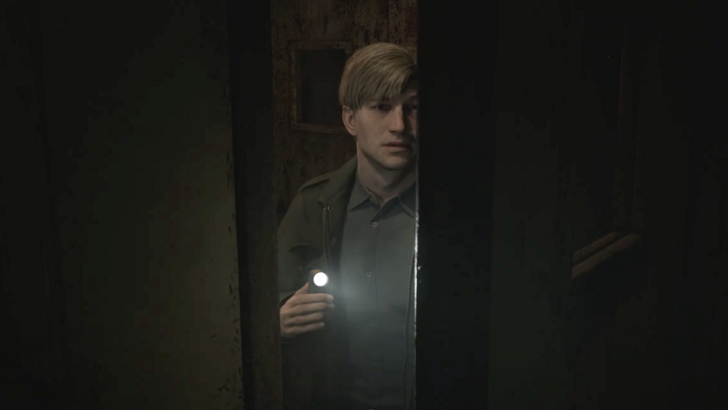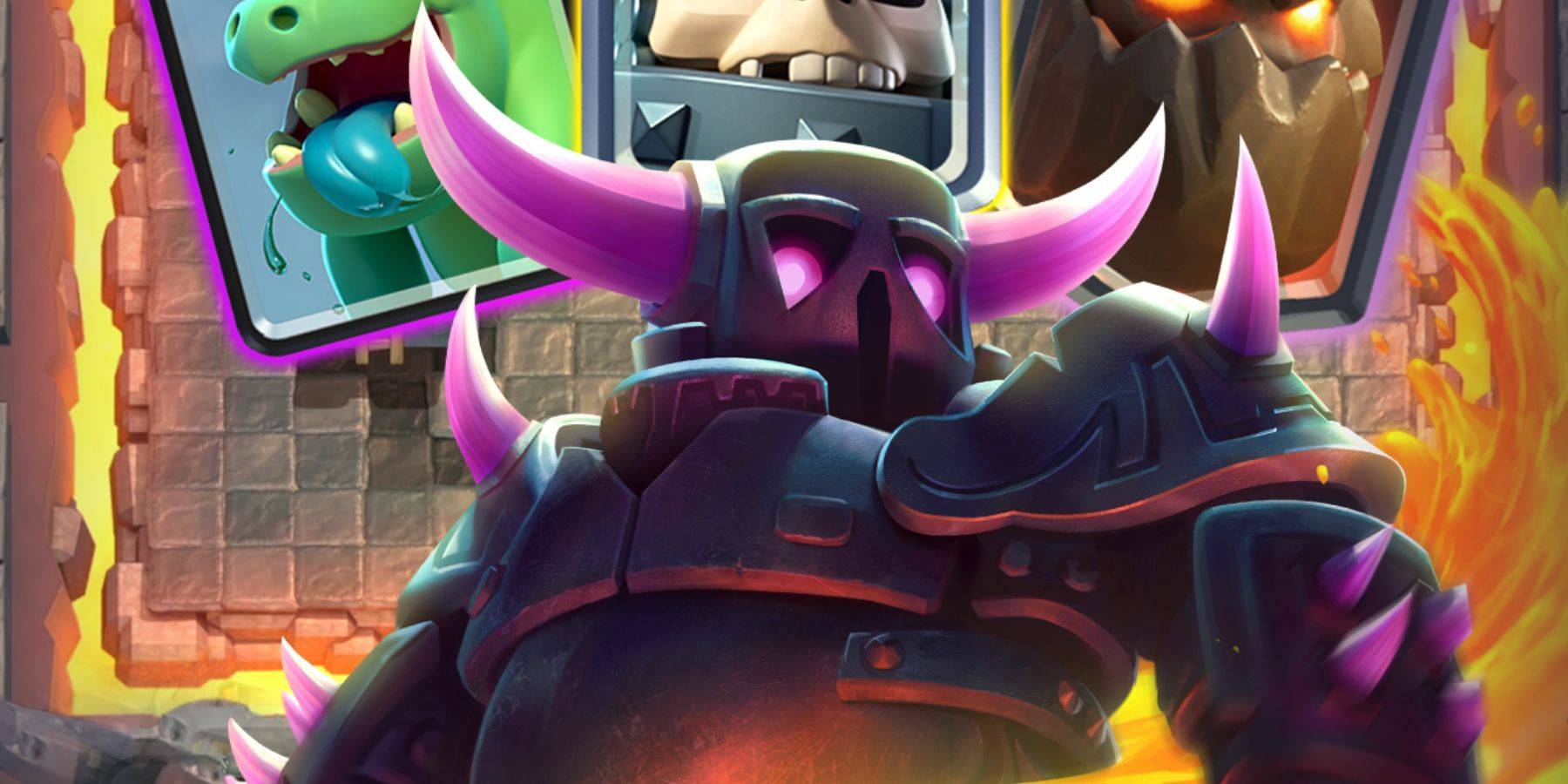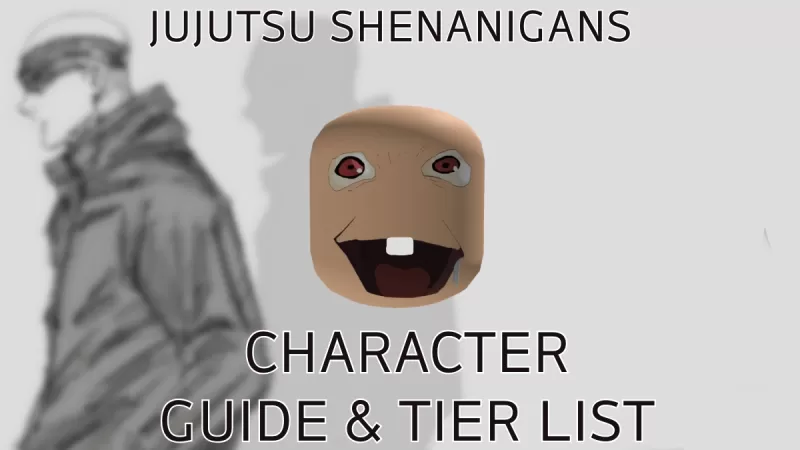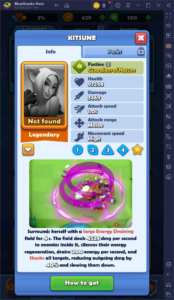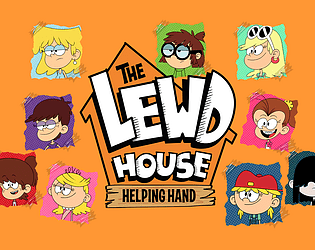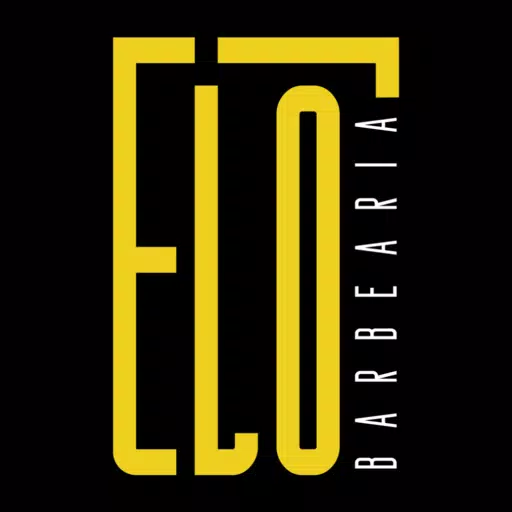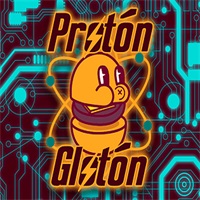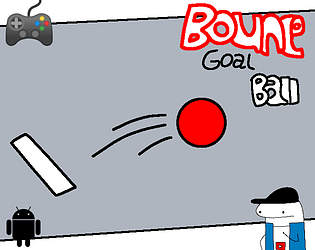Don't Wait For Fable, Play Fable 2 Instead
Buried like some kind of cursed treasure at the bottom of this week’s episode of the official Xbox Podcast was news about Playground Games’ long-awaited Fable. I call it “treasure” because it included a rare glimpse at gameplay, but “cursed” because it came with that dreaded caveat that accompanies so many development updates: a delay. Once planned to launch this year, Fable is now set for a 2026 release.
Delays, of course, are generally not harbingers of doom, despite the agonising wait they inflict. In Fable’s case, hopefully this is the sign of a richly detailed world that just needs more time to bloom. But that extra year of waiting can be put to good use: there’s no better time to play the Fable games. Specifically, I’d urge you to try Fable 2, the series’ highpoint, and (re)discover just what a strange and unique RPG Lionhead Studios’ 2008 classic is.
By today’s role-playing game standards, Fable 2 is truly distinctive. Even when compared to its 2008 contemporaries, such as Fallout 3 and BioWare’s early 3D games, it stands out with its unique vision. While Fable 2 features a traditional campaign structure, with a linear main story and an eclectic collection of optional side quests, its RPG systems diverge from the detailed stat systems of Oblivion and Neverwinter Nights. It simplifies these elements, creating an incredibly accessible experience, perfect for those who find traditional RPG mechanics daunting.
The game streamlines everything down to just six main skills that manage your health, strength, and speed. Weapons have only a single damage stat, and armor and accessories are straightforward with no complex stats or buffs. Combat, a staple throughout most quests, remains simple and swashbuckling, enhanced by creative spellcasting, like the amusing Chaos spell, which makes enemies dance and scrub floors. Even death is inconsequential, merely resulting in a minor XP penalty.
In essence, Fable 2 is the RPG for those new to the genre. Back in 2008, when the vast open world of Oblivion might have felt overwhelming for RPG newcomers, Fable 2’s Albion offered a more digestible series of smaller, navigable maps. You can freely move between these areas, and with the help of your loyal dog, who alerts you to hidden secrets like buried treasure and puzzle-filled Demon Doors, you can explore beyond the main paths. This approach gives Albion a sense of grandeur and opportunity, despite its more restricted geography, which guides you along linear routes from one landmark to the next. It’s not a world to get lost in, but rather one to experience and enjoy.
While Albion’s physical layout may not compare to the expansive worlds of BioWare’s Infinity Engine games or Bethesda’s Morrowind, judging it by modern or contemporary RPG standards does it a disservice. Fable 2’s focus is on a world teeming with life. When viewed through the lens of a game like Maxis’ The Sims, you’ll find a remarkable simulation of society.

The town of Bowerstone is a hub of simulated, authentic life. | Image credit: Lionhead Studios / Xbox
Albion operates like a complex, living organism. Each morning, as the sun rises, its inhabitants begin their daily routines. Town criers announce shop openings and, as night falls, they remind everyone of the late hour. Just like in The Sims, every citizen of Albion has an inner life, influenced by their roles and personal tastes. Using a variety of gestures, you can engage with them, delighting, insulting, impressing, or even seducing them. A well-timed fart can have a pub erupting in laughter, while mocking children might send them running to their parents. These interactions allow you to shape the people of Albion, either charming them with your heroism and quirks, or alienating them with your villainy and rudeness. While we often discuss reactive NPCs and vibrant game cities, nothing quite matches the unique way Fable 2 achieves this.
Although your character is a Hero destined for grand adventures, Fable 2 truly shines when you immerse yourself in its society. Nearly every building in Albion can be purchased, from houses to shops, using money earned through various jobs, including the repetitive yet soothing woodcutting and blacksmithing minigames. Once you own a property, you can become a landlord, setting rent prices, or turn it into your personal home, customizing it to your taste. The next step involves wooing the most appealing NPC in town by using their favorite gestures until they fall for you, leading to a humorous romantic encounter and, eventually, a baby. While these elements might seem artificial individually, together they create a genuinely lively experience.
Few RPGs have followed Fable’s approach to societal simulation. Even the acclaimed Baldur’s Gate 3 lacks the organic romances and property market dynamics found in Fable. However, an unexpected successor to Albion’s vibrant world can be seen in Red Dead Redemption 2. Rockstar’s recreation of the old West is highly responsive, with NPCs that react realistically to your actions. Their interactions, though often simple, can lead to memorable encounters, like saving someone from a snake bite and being rewarded weeks later. If Playground’s new Fable is to remain faithful to its roots, it should draw inspiration from Rockstar’s living world rather than the current trend of tabletop-inspired RPGs.
There are other essential elements Playground must preserve. Fable’s quintessentially British humor, with its dry wit and satirical take on the class system, needs to be maintained, along with a healthy dose of cheeky humor. The game should also feature a cast of beloved actors, similar to the iconic staff of Hogwarts, which Playground seems to be on track with, given the appearances of Richard Ayoade and Matt King in trailers. But perhaps the most critical aspect, beyond the bustling world, is Lionhead’s unique approach to good and evil.

Fable 2's combat is straightforward, but its enemy designs are stunning reinterpretations of fantasy staples. | Image credit: Lionhead Studios / Xbox
Peter Molyneux, the founder of Lionhead Studios and lead designer of the Fable series, has always been fascinated with the concept of good and evil. This was evident from the studio’s first project, the god game Black & White, and has continued to be a focus in his work, including the upcoming Masters of Albion. But Lionhead’s approach to player choice is far from the nuanced decisions found in The Witcher or BioWare’s best works. In Fable 2, your choices are starkly black or white, with no middle ground. The game thrives on these comedic extremes; for example, an early sidequest lets you either clear pests from a trader’s warehouse or destroy his stock. Later, a ghost asks you to torment his former lover, leaving you to choose between making her life miserable or marrying her.
The past decade of RPG development has emphasized player expression through a spectrum of moral choices. However, Fable thrives on its binary system, reveling in the chance for players to be the most heroic hero or the vilest villain. This was established in the first game, where choosing evil paths could literally give your character devil horns, but Fable 2 takes this further. Its quests branch into distinct good or evil paths, offering richer and more creative options, while the reactive world allows your actions to shape your reputation and moral alignment. Unlike other RPGs that focus on the middle ground, Fable 2’s emphasis on extremes makes being truly evil feel impactful, akin to embracing the dark side with matching powers.
It’s unclear if Playground Games will capture this aspect of Fable successfully. While the recent development update included 50 seconds of pre-alpha gameplay, it offered little insight into the game’s true essence, except for the obligatory chicken kick. However, the brief footage does show a more detailed world than previous Fable games. The presence of a horse suggests a more open world, and the lush forest hints at the possibility of getting lost in this new Albion. The glimpse of a bustling city, dense and full of life, gives hope that Playground Games will maintain the Sims-like societal simulation that makes Fable 2 so unique. I eagerly anticipate the chance to engage with its quirky humor, dance on pub tables, and have spontaneous romances.
But all of this is a year away. In the meantime, you can revisit or discover the wonderful world of Fable 2. It’s easy to see why it’s so cherished and why it’s crucial for Playground Games to preserve its unique elements. We don’t need Fable to become a clone of The Witcher, Baldur’s Gate, or Dragon Age. We simply need Fable to stay true to itself, farts and all.
- 1 Roblox Game Codes Updated: April 2025 May 13,2025
- 2 The Best Gaming PC of 2025: Top Prebuilt Desktops Mar 26,2025
- 3 Roblox: Warrior Cats: Ultimate Edition Codes (January 2025) Feb 12,2025
- 4 Tips to Conquer the Dragon Quest III: HD-2D Remake Feb 21,2025
- 5 Fortnite: Chapter 6 Season 1 NPC Locations Feb 13,2025
- 6 Pokémon Go Is Celebrating New Year’s 2025 with Festive Fireworks and More! Jan 03,2025
- 7 Culinary Journey Thrives for Six Jan 01,2025
- 8 How To Fix Common Marvel Rivals Error Codes Feb 20,2025
-
Unique Wallpaper Apps for Every Style
A total of 10
-
Top Beauty Trends for This Season
A total of 10
-
Ultimate Baseball Games for Android
A total of 10










